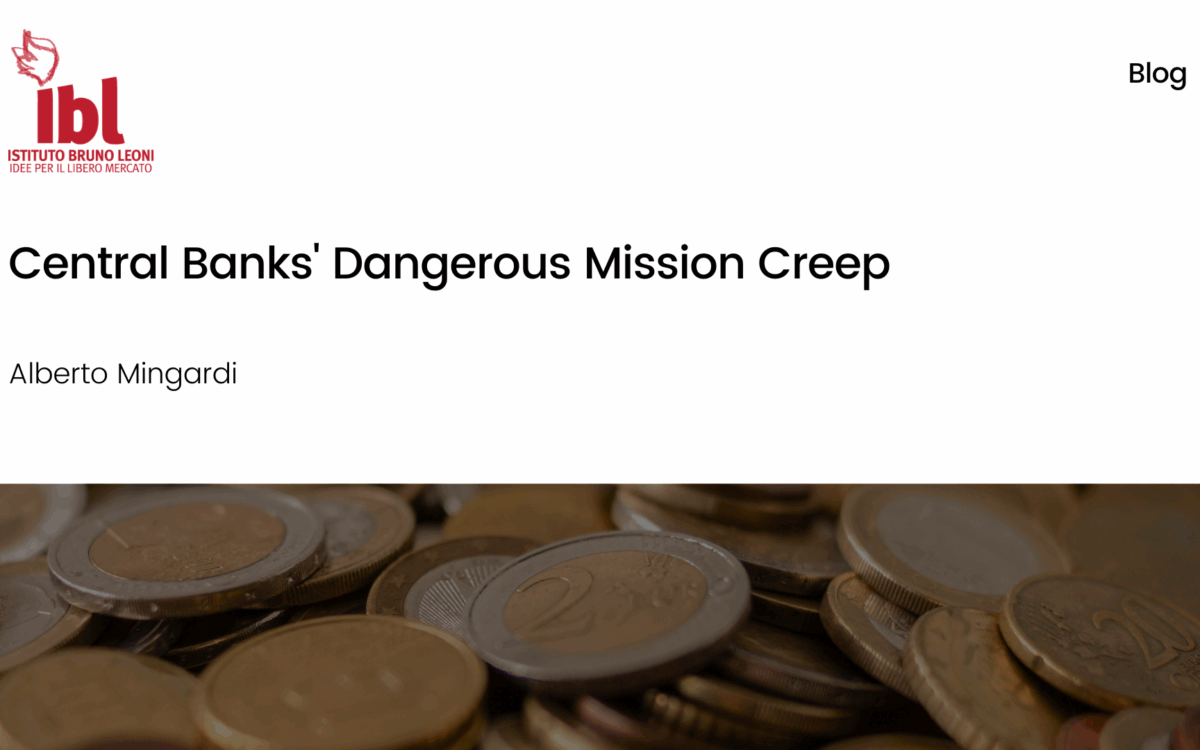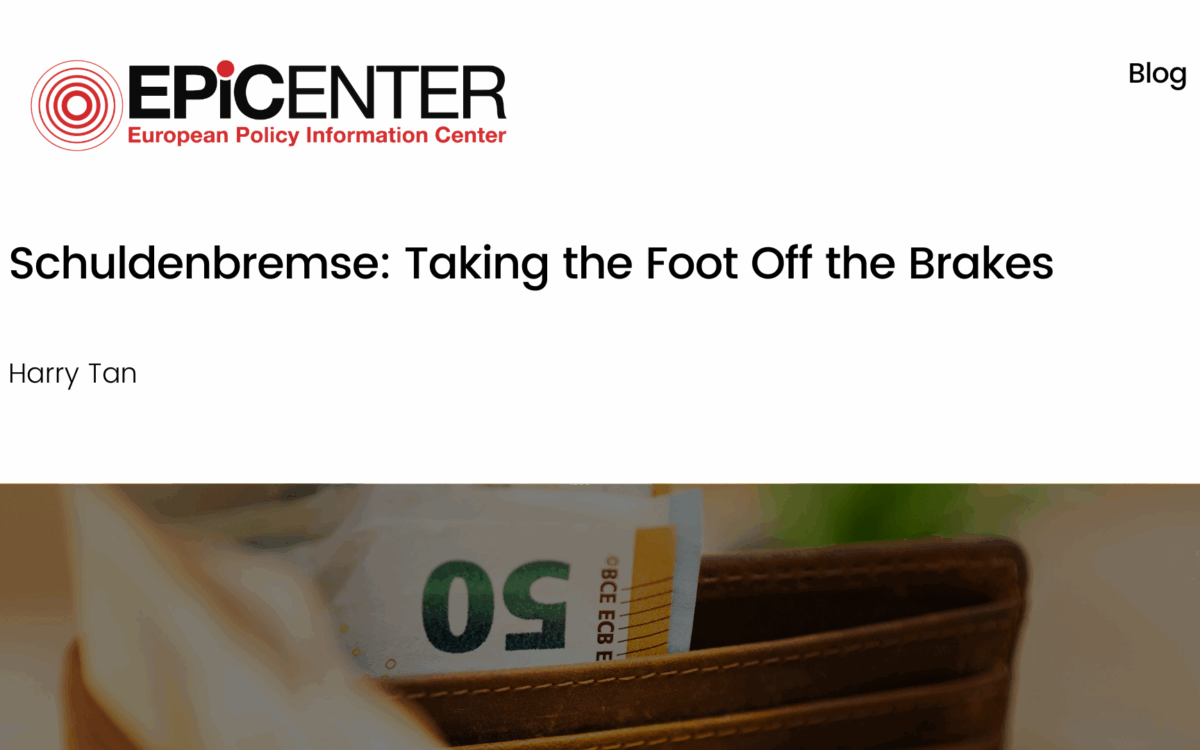The Precautionary Principle and the GMO Paradox

The Precautionary Principle and the GMO Paradox
Giovanni Caccavello, Research Fellow at EPICENTER // 11.11.2016
Since the adoption of the 1990 Directive 90/220/EEC the EU has “de facto” imposed a moratorium on cultivating GM crops.
As the European Commission reckons, while not entirely prohibited and banned, the cultivation of GMOs in the EU is extremely limited and only one product has been authorised for commercial cultivation (MON810 maize) between 1990 and today. Moreover, there are currently only 8 pending applications for GMO cultivation in the EU (including renewal of MON 810 authorisation), 4 of them having received a positive European Food and Safety Authority (EFSA) opinion.
As Sean Rickard points out in his recent EPICENTER Discussion Paper, in order to deal with ever stronger pressures from non-farming interest groups within the Member States, EU legislation on the subject has become ever more complex. In the wake of the latest 2015/412 Directive, EU Member States are today able to restrict or fully prohibit the cultivation of GMOs in their own territory based on non-scientific grounds (e.g., “environmental or agricultural policy objectives or other compelling grounds, such as town and country planning, land use, socioeconomic impacts, coexistence and public policy”).
The Directive has swiftly found its way into national legislation: In Germany just a few days ago (on November 2nd) Angela Merkel’s cabinet ratified a draft law banning the cultivation of GMO crops.
However, if on the one hand, the EU has probably the most restrictive regulations in the world in terms of recombinant DNA (rDNA) plant cultivation; on the other hand, it has continued to allow the importation of millions of tonnes (e.g. 36 million tonnes of equivalent soybean) of recombinant DNA seeds because it needs them to feed its livestock.
Thus, because of current regulations, as visibly stated by the European Commission on their website, “the Union produces only 1.4 million tonnes of soybean annually (which is de facto non-GM, as no GM soya is authorised for cultivation in the EU). The Union livestock sector is therefore highly dependent on third countries’ production for its vegetable proteins. In 2013, the Union imported 18.5 million tonnes of soymeal and 13.5 million tonnes of soybean, representing more than 60% of the Union plant protein needs”.
In principle, given the introduction of Directive 2015/412, the alteration of regulation 1829/2003 would have harmonized the power of Member States to ban (or reduce) the importation, the use and the cultivation of GMOs feed and food. The changes would have effectively removed the paradox of current EU GMOs legislation, which – as already mentioned – “de facto” prohibits the cultivation but allows for the importation of GMOs feed and food.
However, in October 2015 the vast majority of MEPs opposed this modification, recognising that such a proposal could have negatively affected the EU agricultural sector, which is heavily dependent on protein supplies from imported GMOs.
It is difficult to see the direction of policy on GMOs in the EU changing in the near future. This is to everyone’s loss, as there is no scientific backing for the draconian policies pursued in the Member States, whilst more productive agriculture – as made possible by GM seeds – can play an important role in meeting rising food demand and the challenge of climate change at relatively low cost. However, as of November 2016, the European Commission – which itself may not be averse to GM liberalisation – has not come up with any “plan b” with regards to GMO legislation.
Avoiding the revision of Regulation 1829/2003 as such an amendment would have strongly penalized the large number of EU farmers who – due to EU policy incoherence – desperately need imported rDNA seeds to feed their livestock.
However, sooner or later the European Commission and MEPs must realise that importing dozens of millions of tonnes of GM seeds, while banning their cultivation based primarily on questionable precautionary grounds, amounts to ineffective policy, harming not only consumers and farmers, but also future generations by discouraging innovation and the development of alternative technologies.
The post is based on our publication ‘Ploughing the Wrong Furrow‘ by Séan Rickard.
EPICENTER publications and contributions from our member think tanks are designed to promote the discussion of economic issues and the role of markets in solving economic and social problems. As with all EPICENTER publications, the views expressed here are those of the author and not EPICENTER or its member think tanks (which have no corporate view).



